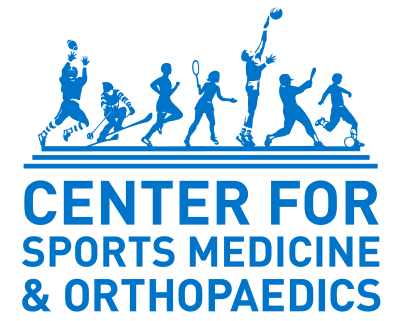 A concussion is a traumatic brain injury that affects your brain function. In this Q & A, Dr. Jason Robertson, Fellowship Trained Sports Medicine Specialist at Center for Sports Medicine & Orthopaedics, answers questions parents need to know about diagnosing and treating Sports Related Concussions (SRC) – and how to keep your young athlete safe.
A concussion is a traumatic brain injury that affects your brain function. In this Q & A, Dr. Jason Robertson, Fellowship Trained Sports Medicine Specialist at Center for Sports Medicine & Orthopaedics, answers questions parents need to know about diagnosing and treating Sports Related Concussions (SRC) – and how to keep your young athlete safe.
Q: What are the most common causes of concussions? Are there any less common causes that people may not be aware of?
A: “The most common cause of a Sports Related Concussion (SRC) is a direct blow to the head. American football is the most at risk sport for athletes to sustain a concussion,” says Dr. Robertson. “SRCs may also occur from an indirect, impulsive force that is transmitted to the head and may not involve a direct blow to the head at all.”
Q: Can a mild concussion be treated at home? If so, how?
A: “Sports Related Concussions (SRCs) are no longer described or graded as mild because the diagnosis should not be minimized – it can be very serious. SRCs can be treated at home with mental and physical rest to allow symptoms to improve. As symptoms begin to improve, a gradual return to normal daily activity may begin, then progressing to pre-concussion activity as symptoms resolve.”
Q: What are the immediate symptoms of concussion that people should be aware of? What about symptoms that come on later?
A: “Sports Related Concussions (SRCs) typically are associated with a headache immediately after the injury, but symptoms may also include nausea, vomiting, confusion, imbalance, amnesia, dizziness, light/noise sensitivity, or loss of consciousness,” he shares. “Symptoms may develop immediately or may gradually appear, but if any symptoms worsen then a visit to the emergency room is indicated.
Q: What are some potential complications of concussions that people should be aware of?
A: “Chronic symptoms can occur and lead to Post-Concussive Syndrome requiring further evaluation and treatment. There is, also, much we are still learning about the long-term effects of concussions on the developing brain,” explains Dr. Robertson. “The most concerning complication is Second Impact Syndrome, which can occur if a second concussion occurs before one is fully recovered – leading to rapid brain swelling and oftentimes death.”
Q: How long does it take to fully recover from a concussion, and how can a person be sure that they are fully recovered?
A: “Most commonly symptoms from an SRC resolve within 7-10 days and athletes are oftentimes able to return to their sport during that time frame, but everyone is different,” Dr. Robertson says. “That’s why it’s important to confirm that an athlete is ready by proceeding through a graduated return-to-sports protocol.”
Q: When do you recommend seeking medical treatment for a possible concussion?
A: “With any Sports Related Concussion (SRC) it is wise to see your Primary Care Physician or a Sports Medicine Physician to evaluate your symptoms and develop a graduated plan for your recovery and return to your sport,” he says. “If symptoms worsen or the athlete exhibits focal neurological defects, then you should go to the emergency room.”
Q: Is there anything else you think more people should understand about concussions?
A: “There is arguably no more important organ in the body than the brain, especially in our developing children. And, although sports are extremely important to the mental and physical growth of our kids, nothing is more important than their long-term health,” cautions Dr. Robertson. “If there is suspicion of a Sports Related Concussion (SRC), protect the child. When in doubt, sit them out.”

